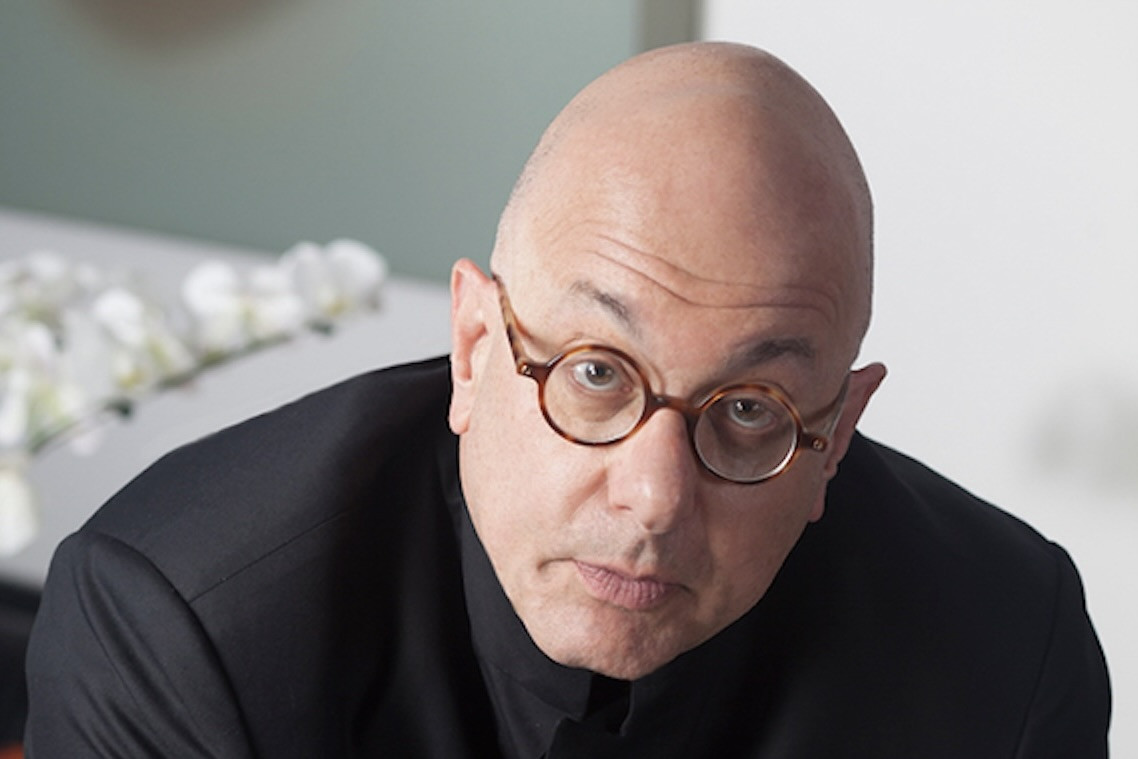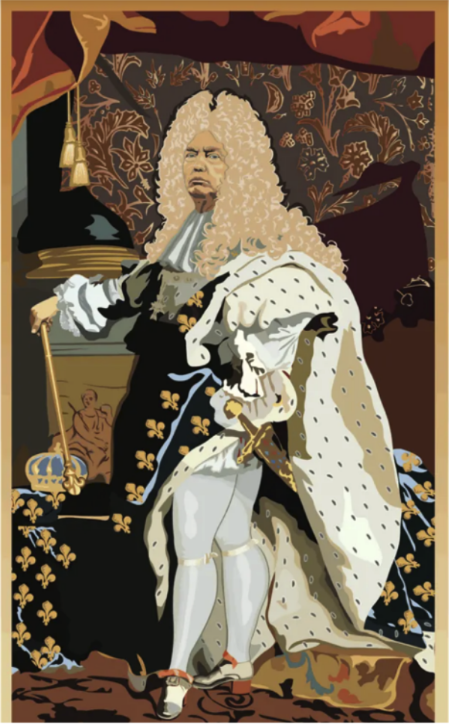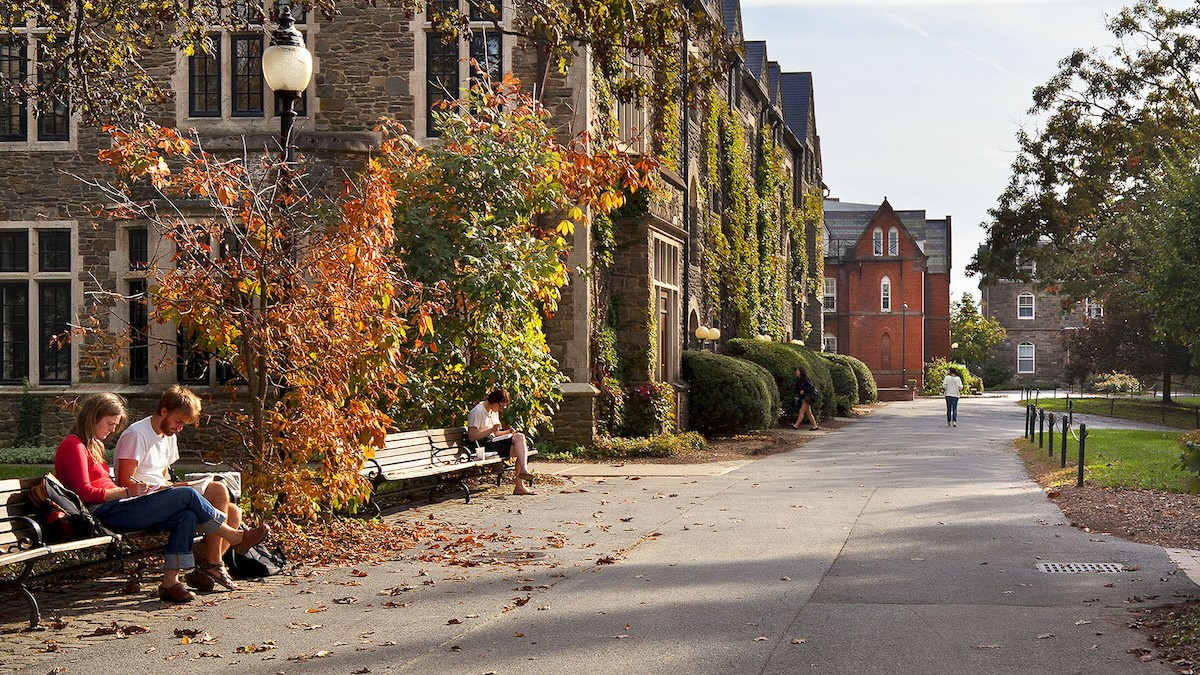Bard President Botstein says Trump Autocracy Portends Doom for American Universities in New Essay
Botstein draws historical comparisons between the Trump administration and the early days of history's most abominable regimes.

Botstein draws historical comparisons between the Trump administration and the early days of history's most abominable regimes.

Bard College President Leon Botstein, the longest-serving college leader in the nation, has released an extensive critique of President Donald Trump and his administration’s efforts to dismantle the foundation of American universities. In an article written for the Bulletin of the Atomic Scientists, titled “Autocracy and the University in America Today,” Botstein calls the president a narcissistic autocrat, and warns that his policies toward immigration and higher education amount to a calculated assault on democracy itself. Few sitting university presidents have spoken so directly, and Botstein’s words place him in rare, and potentially precarious, territory.
“In the autocracy that is taking shape from the executive branch in 2025, there is no perceptible ideological logic,” Botstein writes for the journal, warden of the Doomsday Clock. “There are whiffs of nativism, manifest destiny, and isolationism borrowed from pre-1945 American history. But greed, an addictive desire for fame, and a wide enthusiasm for the theatrical capacity to dominate the public arena with nostalgic myths—a talent Donald Trump undeniably possesses—are at the center of Trumpism.”
The atmosphere on American college campuses has become distinctly tense. Last week’s killing of far-right activist Charlie Kirk during a public event at Utah Valley University has sharply illustrated what many feared: As the new school year begins, campuses are now frontlines in America’s deadly culture war. Though Botstein’s essay was published before Kirk’s death, the event underscores his urgency.
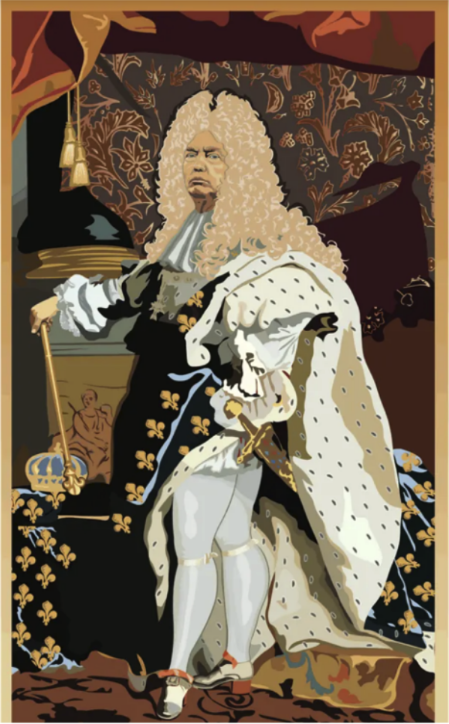
The image used at the top of Botstein's essay with the caption: “L'État, c'est moi” ("I am the state") is a saying attributed to Louis XIV, King of France. It speaks of the primacy of royal authority in defiance of Parliament and the rule of law; the phrase symbolizes absolute monarchy and absolutism. Here is a contemporary take on one of the most well-known portraits of this symbol of unlimited centralized authority. Image courtesy of Heblo/Pixabay.
Botstein, who has led Bard for nearly 50 years, contends Trump’s tactics to stifle university research and speech fits within a lineage of 20th-century autocracies. He draws explicit parallels to Stalin’s suppression of genetics through adherence to Lysenkoism, which crippled Russian science, and to the Nazis’ imposition of racial pseudo-science. “One can sense a common modus operandi here,” he says. “Such pressure from the central government might be compared to the United States today in its current anti-vaccination campaign, the attack on environmental science, cuts to the National Institutes of Health and the National Science Foundation, and the demonization of the study of diversity and inequality”
He also states that autocracies thrive on “myth and fantasy” rather than truth, invoking conspiratorial tropes like the “deep state” and likens Trump’s rhetoric to the infamous Protocols of the Elders of Zion, a fabricated Russian text from 1903 purporting to detail a Jewish plot for global domination. The modern consequence, he argues, is a political environment where “useful lies and attractive myths explain an unjust world simply and place blame on others.”
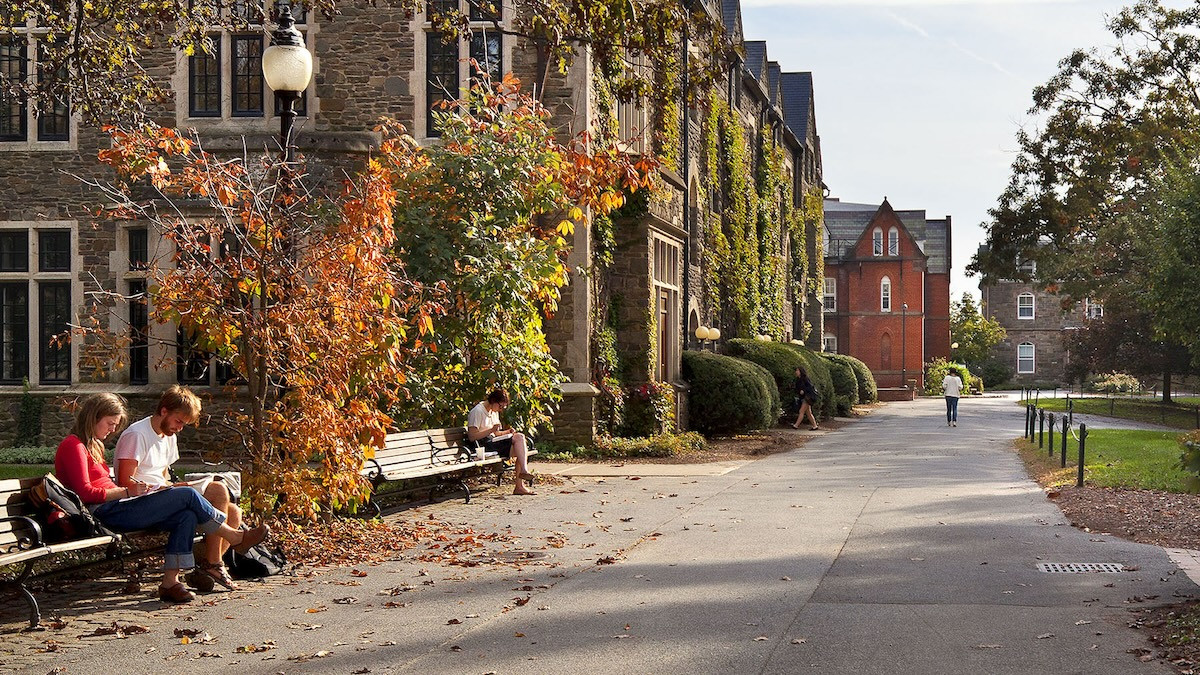
The Bard campus. Photo by Peter Aaron courtesy of Bard College.
Botstein’s most urgent concern is the deliberate erosion of the partnership between universities and the federal government. “Equally astonishing is the idea that making America great again requires destroying the most consistent and productive dimension of American economic success since the end of World War II: the collaboration between the federal government and our universities,” he argues. Adding that this partnership, “yielded an endless array of discoveries, technologies, and products. This scientific and technological partnership has made America truly great.”
Instead, he charges, Trump has turned universities into scapegoats. “The attack on American higher education—which, not coincidentally, has a large number of students and professors who are immigrants, foreigners, or the first-generation sons and daughters of those from other lands—shows that Donald Trump is not interested in the well-being of America. He is not a patriot. He is an advocate of his wealth and personal power”
Most college presidents, particularly those at private institutions reliant on federal research dollars and international student tuition, have avoided such confrontational rhetoric. Botstein’s decision to publish a sweeping denunciation of a sitting president’s policies carries risks. Federal retaliation—through funding cuts, visa restrictions, or regulatory scrutiny—could land squarely on Bard and its programs. His piece underscores that risk, even as he argues that silence is untenable in the face of creeping authoritarianism.
He points to historical cautionary tales: the decline of the University of Vienna under Austro-fascism and the German universities’ capitulation to the Nazis. “Reactionary politicization from above ensured mediocrity,” Botstein warns, suggesting that US institutions may face similar decline if they do not resist federal overreach.
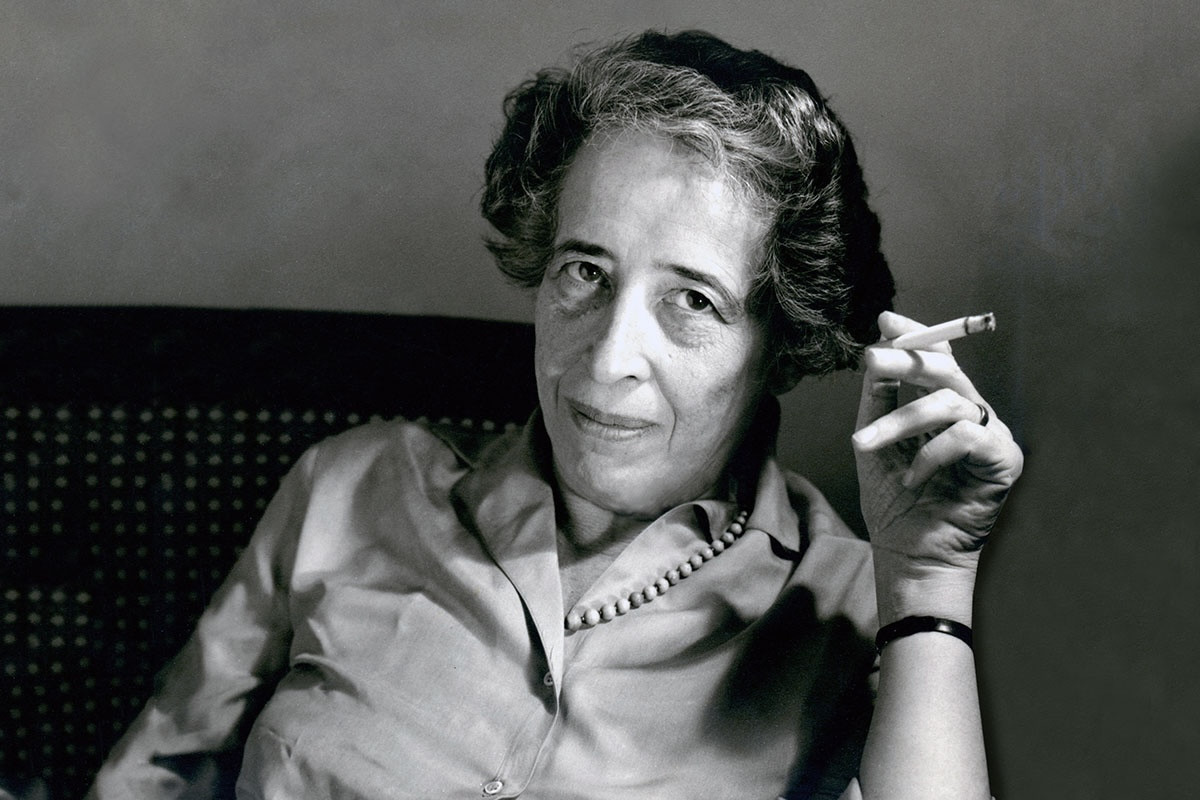
Hannah Arendt
Botstein’s understanding of autocracy and its threats isn’t purely academic—it is deeply personal, rooted in family history and formative mentorships that shaped how he sees the present. Botstein’s grandfather survived a Nazi labor camp and most other family members perished in the Holocaust.
He also studied under, political philosopher and theorist Hannah Arendt (best known for articulating the notion of “the banality of evil,” during her coverage of the Nuremberg trials post WWII) as a young undergraduate at the University of Chicago, a relationship that explained throughout their lives and had lasting influence on Botstein. With Arendt he interrogated how ordinary people, bureaucracies, myths, and silence can enable evil deeds, even under otherwise “normal” institutions. It is not merely about monstrous individuals, but about systemic complicity and the quiet erosion of responsibility.
The Hanna Arendt Center at Bard houses her personal library and her grave is located on the campus today. Her legacy is remembered each year with the center’s International Conference. The 17th annual conference, titled “JOY: Loving the World in Dark Times,” takes place October 16-17, exploring how joy can serve as a radical act of resilience and engagement in an era of global crisis. Inspired by Arendt’s insistence on loving the world despite its evils, the two-day event will feature an interdisciplinary lineup—including author Teju Cole, choreographer Bill T. Jones, and poet Ann Lauterbach—examining joy as a philosophical, artistic, and political response to despair.
Botstein concludes by insisting that defending the autonomy of universities is not just an academic concern but a civic necessity. “Ignorance has always been a threat to democracy, but it has never been so powerful as it has become in our era of mass communication and artificial intelligence. We face the unprecedented capacity to falsify reality and undermine the possibility and power of thinking for ourselves—the core objective of our universities and colleges”
By naming Trump directly and invoking the specter of past autocracies, Botstein positions himself as one of the few prominent academic leaders willing to voice this opinion openly. Whether his voice will embolden others or isolate him within a fearful higher education sector remains an open question.
